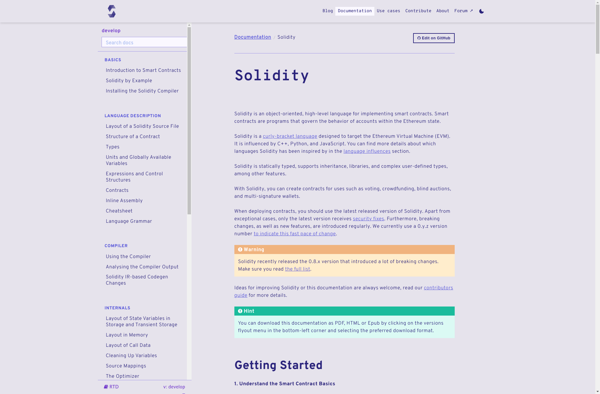Bytom
Bytom is an open-source protocol for asset management via the transfer of bytom tokens on the Bytom blockchain. It allows registration, issuance, and circulation of various digital assets.
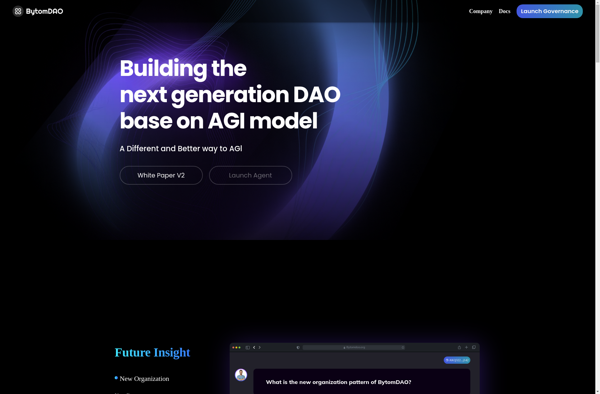
Bytom: Open-Source Asset Management Protocol
Bytom protocol enables asset management via token transfers on the Bytom blockchain, facilitating registration, issuance, and circulation of digital assets.
What is Bytom?
Bytom is an open-source protocol for asset management that uses blockchain technology to register, exchange, and trade digital assets. It allows users to register and issue custom digital assets on the Bytom blockchain, as well as easily transfer these assets between different parties.
Some key features of Bytom include:
- Custom Asset Issuance - Bytom allows users to create customized digital assets and define specific rules around their ownership and transfer.
- Atomic Swaps - Bytom supports cross-chain atomic swap trading between assets issued on Bytom and other blockchains like Bitcoin and Ethereum.
- Flexible Divisibility - Digital assets on Bytom can be infinitely divisible to support fractional trading.
- Scalability - Bytom uses a combination of Byzantine Fault Tolerance principles with some modifications to achieve high scalability and throughput.
- Asset Trading - Assets issued on Bytom can be freely traded between different parties via the Bytom wallet and decentralized exchange.
Overall, Bytom aims to be a flexible and easy-to-use platform for issuing and exchanging digital assets through leveraging innovations like cryptocurrencies, blockchains, and smart contracts.
Bytom Features
Features
- Asset issuance and registration
- Cross-chain asset transfer
- Confidential transactions
- Custom digital assets
- Smart contracts
Pricing
- Open Source
Pros
Open source protocol
Support for multiple asset types
Confidential transactions
Active development community
Cons
Limited adoption so far
Complex for non-technical users
Competition from other blockchain platforms
Official Links
Reviews & Ratings
Login to ReviewThe Best Bytom Alternatives
Top Bitcoin & Cryptocurrency and Cryptocurrency Wallets and other similar apps like Bytom
Here are some alternatives to Bytom:
Suggest an alternative ❐Monero
Monero is an open-source, privacy-oriented cryptocurrency that was launched in 2014. It focuses on providing completely private, untraceable, and secure transactions using advanced cryptography.Some key features of Monero include:Ring signatures - Hide the identity of the sender by mixing it with other transaction outputsRing confidential transactions (RingCT) - Hide the...

Ripple - Crypto Solutions
Ripple is a real-time gross settlement system, currency exchange, and remittance network developed by Ripple Labs Inc. and released in 2012. Its platform is built around a distributed ledger database, blockchain technology and its cryptocurrency called XRP (ripples) that allows banks and payment providers to transfer money quickly, reliably and...
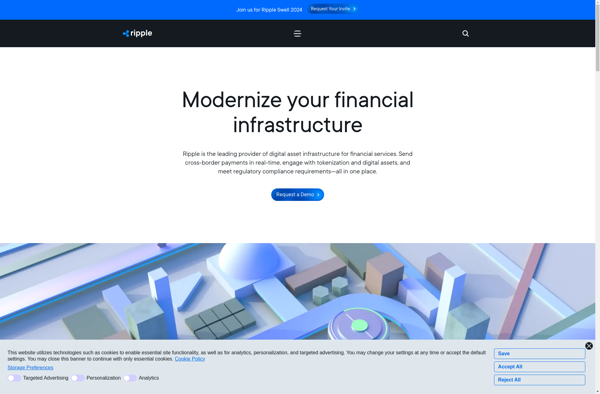
Litecoin
Litecoin (LTC) is a peer-to-peer cryptocurrency that was created in 2011 by Charlie Lee, an ex-Google employee, as an open source project on GitHub. Litecoin is one of the earliest alternative cryptocurrencies (altcoins) and is often referred to as the silver to Bitcoin's gold. Like Bitcoin, Litecoin is decentralized and...
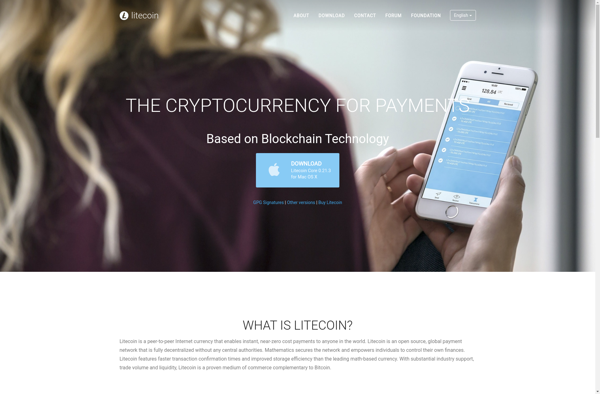
Dogecoin
Dogecoin is an open source peer-to-peer digital currency, favored by Shiba Inu enthusiasts worldwide. What started out as a joke in 2013 has grown into one of the world's most widely used and fastest growing cryptocurrencies.Dogecoin features the face of the popular Shiba Inu dog from the viral 'Doge' meme...
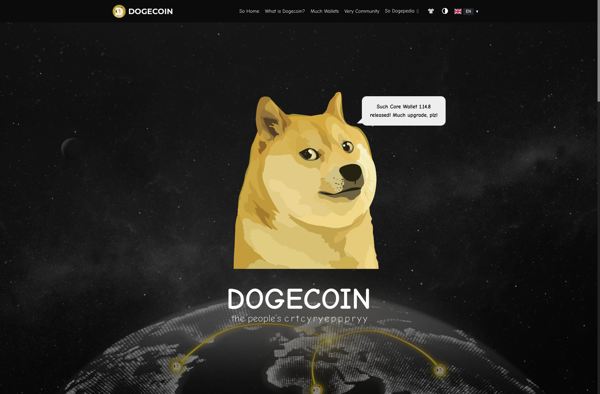
Cardano
Cardano is an open-source, decentralized public blockchain and cryptocurrency project that started in 2015. It was founded by Ethereum co-founder Charles Hoskinson and built through academic rigor and peer-reviewed research by scientists and engineers around the world.The Cardano blockchain operates the Ada cryptocurrency and is designed to be scalable, interoperable,...

Bitcoin Cash
Bitcoin Cash (BCH) is a cryptocurrency that originated as a hard fork of Bitcoin in August 2017. It shares much of the same transaction history as Bitcoin up until the fork. The main difference is an increased block size limit which allows for more transactions to be processed per block.Some...

Ethereum
Ethereum is an open-source, public, blockchain-based distributed computing platform featuring smart contract (scripting) functionality. It provides a decentralized virtual machine, the Ethereum Virtual Machine (EVM), that can execute scripts using an international network of public nodes. Ethereum's internal currency is called Ether (ETH), and is used to pay for transaction...
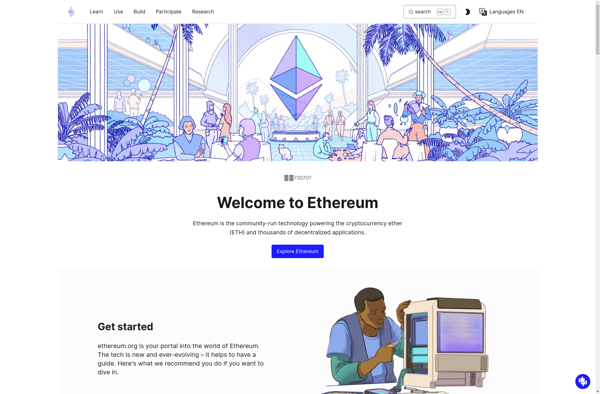
Solidity
Solidity is an object-oriented, high-level programming language for implementing smart contracts. Smart contracts are programs stored on a blockchain that run when predetermined conditions are met. Solidity was developed by Gavin Wood, Christian Reitwiessner, Alex Beregszaszi, and several Ethereum core contributors in 2014. It is one of the most popular...
